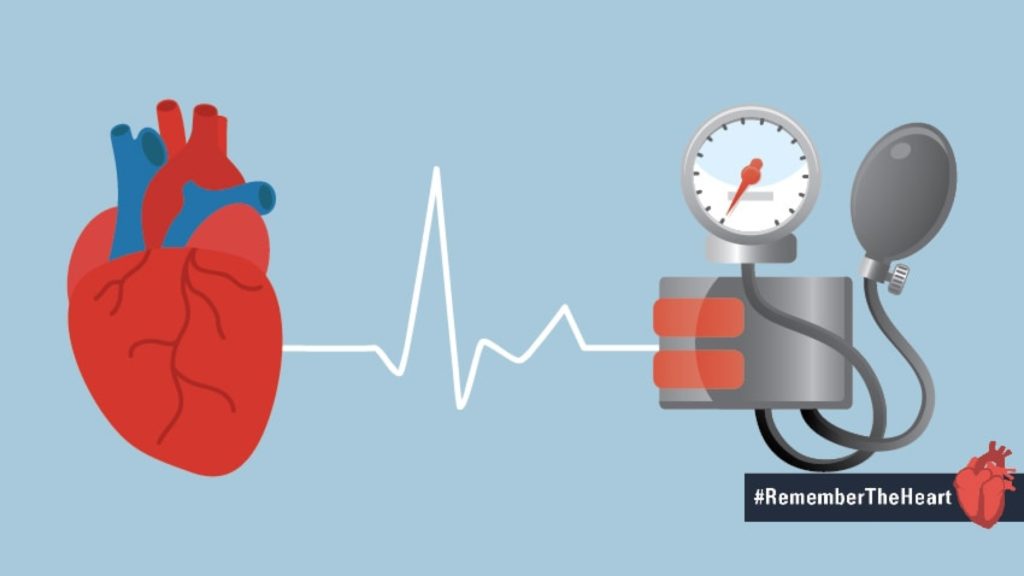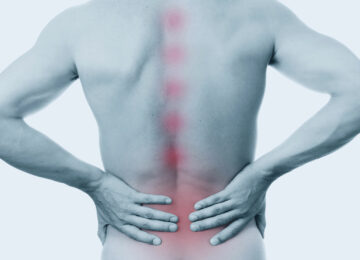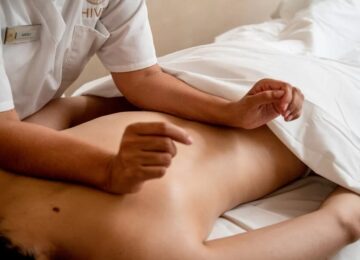Living in the modern world has made metabolic diseases such as diabetes and hypertension affect more people than in the past. Our ancestors may not have had metabolic diseases as much as they do nowadays. Metabolic diseases in the current world could be blamed for the unhealthy lifestyle of the modern world consisting of a sedentary way of living and poor eating habits. Hypertension is indeed one of the metabolic diseases that keeps on rising in number. Medications such as Exforge 5/80 mg are among the many antihypertensive drugs used to treat people with hypertension. In this article, we will be learning a bit more about essential hypertension and its treatment.
Hypertension is defined as the systolic blood pressure values of above 130mmHg and/or diastolic blood pressure more than 80mmHg. The systolic pressure is a result of a pressure from a force as the heart pumps blood into the arteries and diastolic blood pressure is a result of the heart resting between beats. Essential hypertension is defined as persistently high blood pressure with no identifiable causes. It is also known as primary hypertension. It is worth noting that a person is typically diagnosed with hypertension after three or more blood pressure readings show high blood pressure and the readings are taken at least three or more times on separate visits across weeks.
In hypertension, the smaller arteries or also called arterioles are tightened. The tightened or constricted arterioles will cause the heart to work harder in order to pump blood through the narrowed space inside the walls of the blood vessels. This results in the pressure inside the blood vessels becoming high. As time goes by, the high force from the blood pressure damages the wall inside of the arteries. Ultimately, this makes plaque which is deposited cholesterol to be formed on the damaged wall and cause further high blood pressure due to the narrowed arteries.
Hypertension is known as a silent-killer. A person with hypertension often does not have symptoms unless the hypertension has caused complications such as kidney failure or heart disease. This means that hypertension does cause damage to organs when it is left untreated. It is estimated that less than half of adults with hypertension are diagnosed and treated. Hence, the best thing a person should do is to get regular medical check-ups to identify this disease early on. A person with hypertension should get diagnosed properly so that they can receive treatment and prevent complications.
Treatment of essential hypertension not only relied on medication. In fact, the recommended initial treatment is better lifestyle management. This includes patients making adjustments to their lifestyle such as regular physical activity, eating healthy food emphasising on reduced sodium diet and to keep a healthy body weight. Lifestyle changes alone make up to 15% reduction of risk for heart diseases related to hypertension. Lifestyle change is often difficult to be done consistently although it is shown that continuous changes would be the effective treatment for hypertension. Smoking cessation may not have a direct effect on blood pressure but doing this can definitely reduce the risk for complications caused by hypertension.
Since it can be difficult to be dependent alone on lifestyle changes, doctors usually prescribed medication to help patients control blood pressure. There are many kinds of antihypertensive drugs available and patients may be surprised to find out that they may receive different drugs compared to other people. The common antihypertensive drugs include angiotensin-converting enzyme inhibitor (ACE inhibitors) like captopril, angiotensin II receptor blockers (ARBs) such as telmisartan, beta blockers like propranolol, calcium channel blockers (CCB) such as diltiazem and diuretics like furosemide. Antihypertensive drugs prescribed by doctors are highly individualised. This means drugs prescribed depend on the patient’s other medical conditions and the blood pressure goal. A person may receive more than one antihypertensive drug at a time.
It is important for people with hypertension to take antihypertensive drugs as instructed by doctors. They should take the medicine regularly although they do feel they are healthy because hypertension rarely causes any symptoms unless the hypertension itself has caused organ damage or the blood pressure is very high. Symptoms of hypertension that should be seen as an emergency are severe headaches, chest pain, breathing difficulty, vomiting, nausea, confusion, abnormal heartbeat, blurred vision and nosebleeds. If a person experiences any of these symptoms and does have hypertension, he or she should be getting immediate medical care as this could be an ongoing life-threatening event.
In essence, treatment of essential hypertension is both lifestyle changes and medications. There is no cure for hypertension but treatment available helps patients to reduce risk for complications and have a fulfilling life. It is necessary for people with hypertension to ensure their blood pressure is well controlled. Unfortunately, only 1 in 5 adults with hypertension have it under control. This number should be improved as there is no reason why a person with hypertension could not have it under control since healthcare facilities nowadays are good and medical knowledge is more accessible.
Also Read – Dengue Prevention.












